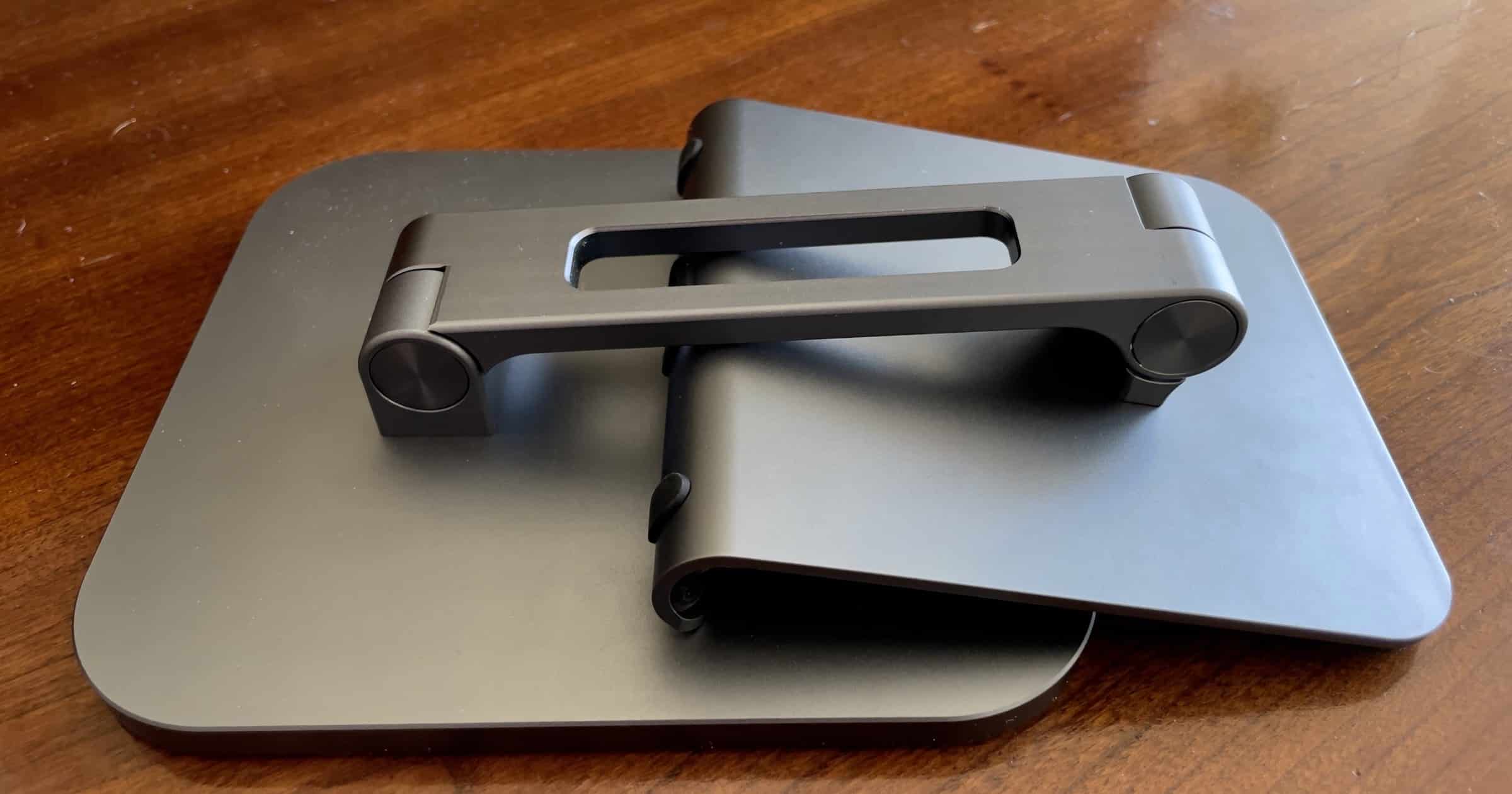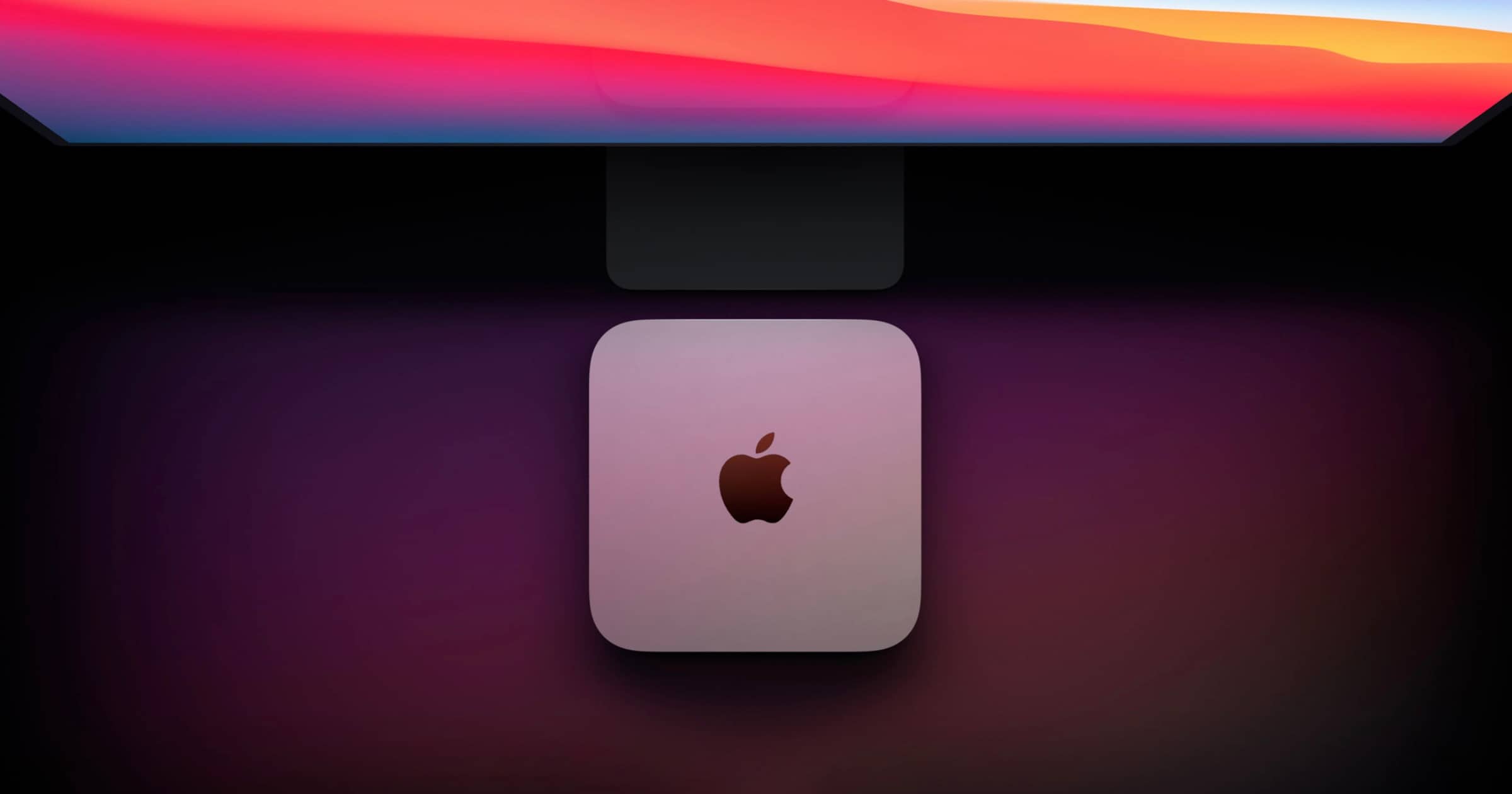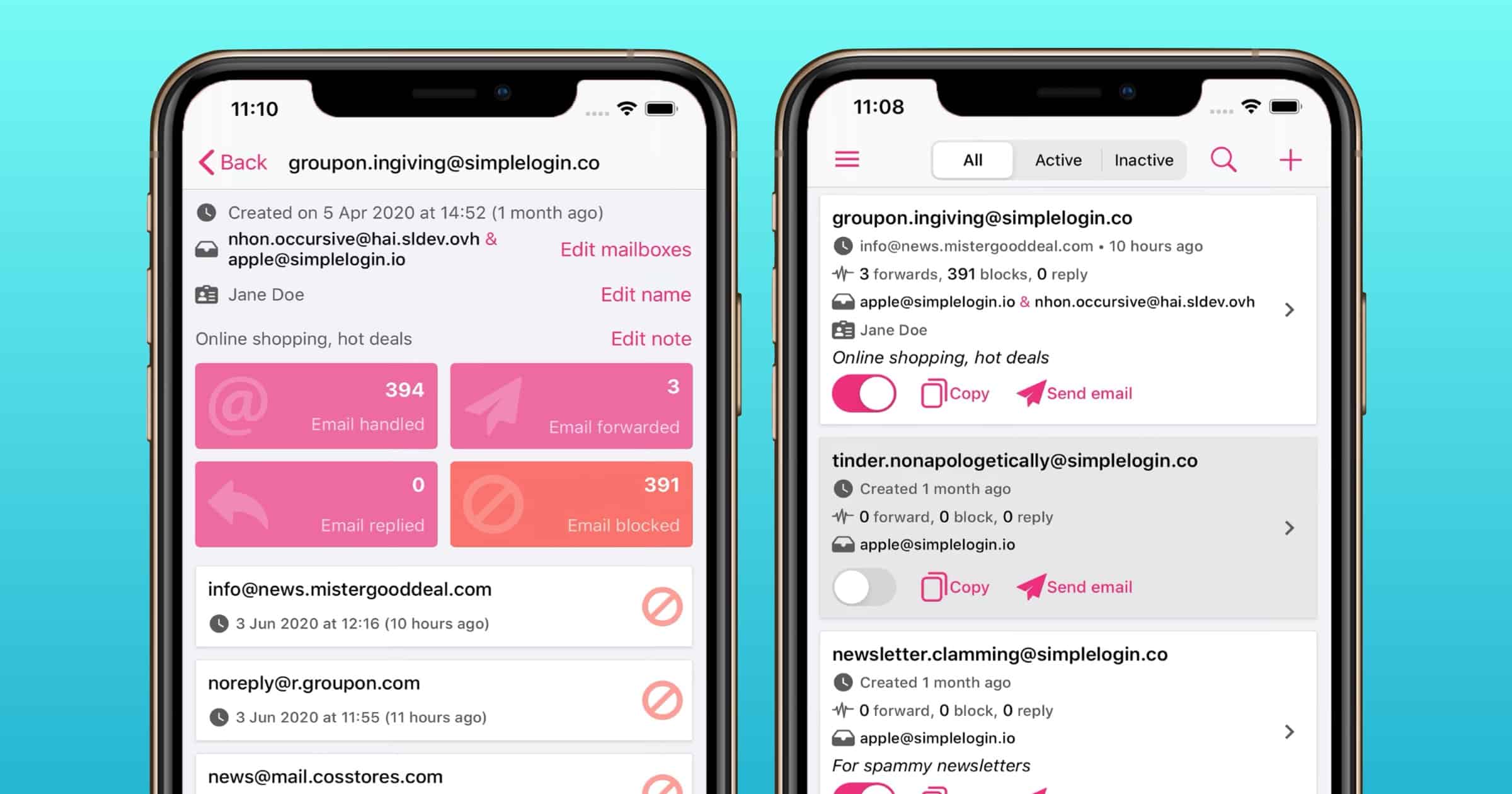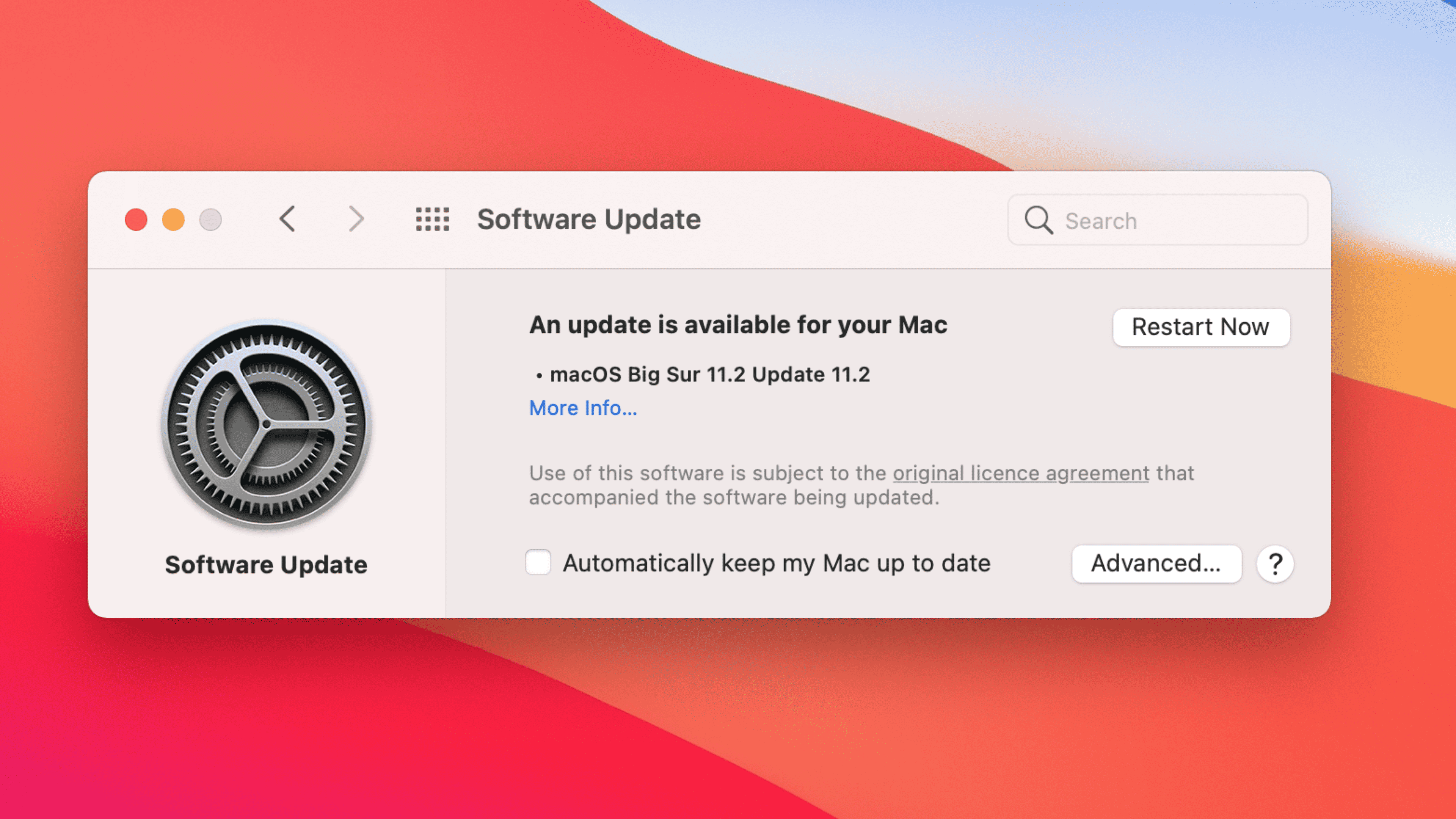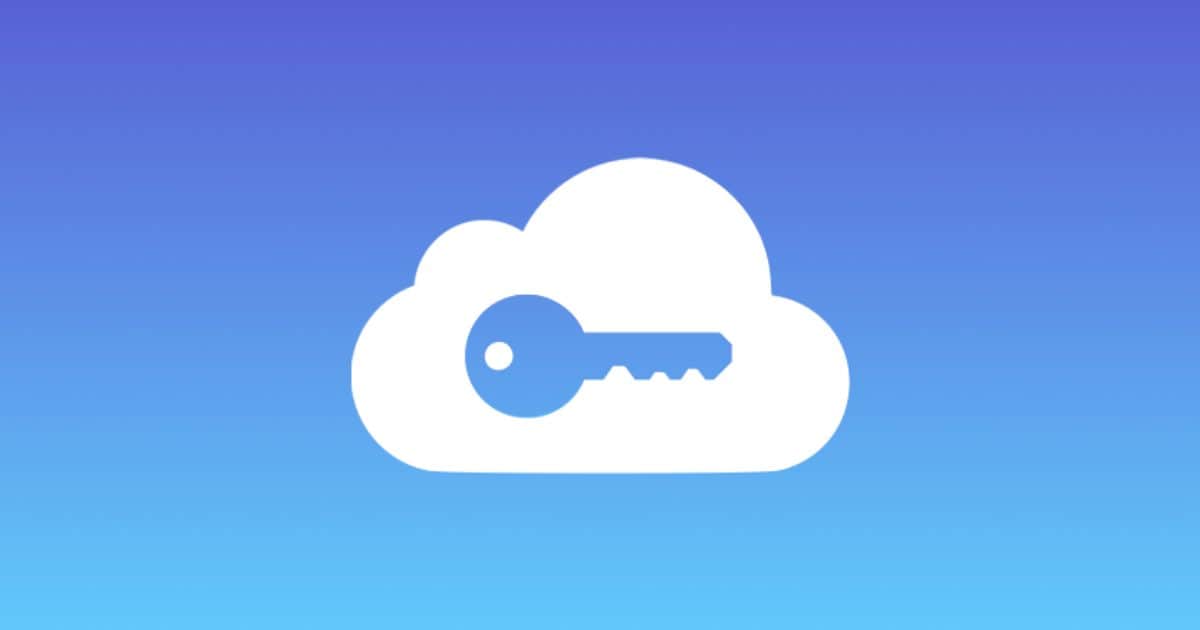Satechi sent Andrew its Slim X3 Backlit Bluetooth Keyboard. He shares his thoughts on this product that launched in January.
Canada Approves Apple Card and Apple Cash Trademarks
Canadian users may be able to user Apple Card and Apple Cash in the not too distant future. The trademarks for both have now been approved in the country, iPhone in Canada reported.
Apple applied for the trademark ‘Apple Card’ and ‘Apple Cash’ back in July 2019, and recent action history shows both were approved on January 25, 2021… Apple Inc. is listed as the applicant, with the filings completed by agent Baker & McKenzie LLP… It’s unclear if Apple will ever launch Apple Cash and Apple Card in Canada, but it’s always a positive sign to see trademarks for new features approved.
All-In-One Kensington iPad Stand Available to Preorder for $379
Announced in January during CES 2021, Kensington’s latest product is an all-in-one stand for your iPad available to preorder today.
[Updated] 'Ted Lasso' and 'Wolfwalkers' Earn Golden Globe Nominations
Apple TV+ hit series Ted Lasso has scored two Golden Globe nominations, with animated movie ‘Wolfwalkers’ earning one.
Forthcoming Apple TV+ Movie 'CODA' Wins Big at Sundance
Over the weekend, the movie CODA was purchased to stream on Apple TV+. On Tuesday night, it won the grand jury prize, the directing prize, the audience award and a special jury prize in the U.S. Dramatic Competition category at the Sundance Film Festival. Variety reported that this is the first time a movie has won all three top prizes in that category, underlining why Apple Studio was prepared to splash so much cash on it.
“I hope that this opens the door to people getting that audiences want to see these kinds of stories,” director Siân Heder said while accepting the audience award. “And I hope that this means that more stories that center deaf characters and characters with disabilities get put front and center because clearly people want to respond to that.” “CODA” already broke records at Sundance when Apple Studios picked it up for $25 million after a fierce bidding war following the film’s debut on the festival’s opening night
[Updated] Tim Cook Links Facebook Model to Real World Violence in Speech
Tim Cook took aim at Facebook during his speech at a European data privacy conference, linking its business model to real world violence.
Porsche’s VP of Chassis Development Heading to Apple Car ‘Project Titan’
Porsche’s VP of Chassis Development, Dr. Manfred Harrer, looks to be heading to Apple in a sign of intent for the Apple Car and ‘Project Titan’. 9to5Mac picked up on the rumors, first published by Insider Deutschland.
If there was any doubt Apple fully intends to turn its Project Titan ambitions into a viable vehicle in the future, hiring a senior official responsible for car body development from a respected brand should stoke those concerns. Dr. Harrer has more than a decade of experience at Porsche, most recently adding the Cayenne series to his plate at the company, and his chassis development leadership dates back to 2016. Insider Deutschland says Porsche, Apple, and Dr. Harrer declined to comment on the report. Hyundai, on the other hand, has been making headlines over what its willing to say about Apple and the car rumors. Earlier this month, Hyundai stated on the record that it was in early discussions with Apple about producing its car. For the uninitiated, this is a solid way to guarantee that you are no longer in talks with Apple to produce its car. Nevertheless, additional reporting added that the two companies could reach a deal by March with a goal of vehicle production by 2024.
[Updated] Jeff Bezos to Stand Down as Amazon CEO
Jeff Bezos is to stand down from his role as Amazon CEO and become Executive Chairman in the third quarter of 2021.
Review: Enhance Your iPad With Satechi’s Foldable Stand
Satechi released a foldable, aluminum iPad stand in January and the company sent one to Andrew for review. Here are his thoughts.
How Apple Might Get into the Subscription Audio Business? — Media+
Tom Webster of Edison Research joins host Charlotte Henry to discuss the rumored launch of Podcasts+. How would Apple go about getting into the subscription audio business? And should it?
New Improved MaskID Unlocking – TMO Daily Observations 2021-02-02
Dave Hamilton and Charlotte Henry join host Kelly Guimont to discuss recent software updates and a beta that can change how your phone unlocks.
Watch Second Trailer for ‘Billie Eilish: The World’s A Little Blurry”
Apple has uploaded a second trailer for its upcoming documentary called “Billie Eilish: The World’s A Little Blurry.” It tells the true coming-of-age story of the singer-songwriter and her rise to global superstardom. From award-winning filmmaker R.J. Cutler, the documentary offers a deeply intimate look at this extraordinary teenager’s journey, at just seventeen years old, navigating life on the road, on stage, and at home with her family, while writing, recording and releasing her debut album “WHEN WE ALL FALL ASLEEP, WHERE DO WE GO?”
Justin Timberlake And 'Palmer' Help Give Apple TV+ Best Ever Weekend
Apple TV+ just enjoyed its best ever weekend, driven in large part by newly-arrived Justin Timberlake movie Palmer.
Cloud Provider ‘Scaleway’ Launches Apple M1 SaaS in Europe
Cloud provider Scaleway announced the launch of a software-as-a-service offering based on Apple’s M1 chip.
‘SimpleLogin’ is an Open Source Alternative to Sign in With Apple
Sign In with Apple lets you create accounts with your Apple ID for apps that support it. Its “Hide My Email” feature protects your email by forwarding emails to your actual email. SimpleLogin does the same; it lets you create random email aliases that forward emails to your true email address. This open source alternative to Sign In with Apple helps you keep your email safe from newsletters, websites, and more. It’s free to download and use and there is an optional subscription for advanced features like custom domains, unlimited aliases, or a catch-all alias.
Washington State Suffers Data Breach due to Contractor ‘Accellion’
Washington’s state government reported a data breach on Monday that could affect over 1.6 million people. The breach is connected to Accellion, a contractor involved with the state auditor’s office.
During the week of January 25, 2021, Accellion confirmed that an unauthorized person gained access to SAO files by exploiting a vulnerability in Accellion’s file transfer service. Some of the SAO data files contained personal information of Washington state residents who filed unemployment insurance claims in 2020 […] may also include the personal information of other Washington residents who have not yet been identified but whose information was in state agency or local government files under review by the SAO.
Apple Releases macOS Big Sur 11.2, Fixing Bluetooth Reliability and Other Issues
Apple has released macOS Big Sur 11.2, and the latest version of the Mac operating system includes a number of bug fixes.
Apple Beats Amazon For Rights to Sundance Movie 'CODA'
Apple landed the first big deal of the Sundance festival, spending over $25 million on the worldwide rights to coming-of-age drama Coda.
Apple: 'We Have an Urgent Responsibility to Dismantle Systemic Racism '
Apple has launched a new webpage for its ‘Racial Equity and Justice Initiative’, highlighting the company’s recently announced pledges.
iOS 14.5 Beta Adds New Financial Features to Apple Wallet
Apple has released the iOS 14.5 beta and with it comes new features for Apple Card customers like budgeting and family sharing.
Apple Releases Private Click Measurement to iOS 14.5
Apple is introducing a new technology called Private Click Measurement to give online advertisers a way to measure ads privately.
Judges Used "Contradictory Reasoning" in Apple Tax Case, Says EU
The EU believes that judges used “contradictory reasoning” when granting Apple’s victory in a landmark tax case. The bloc’s determination to overturn the ruling was revealed in documents that emerged Monday, reported Bloomberg News.
The EU said that the lower court improperly conflated Apple’s lack of employees at two Irish units and the company’s level of responsibility for intellectual property on iPhone and iPad sales across Europe. Judges failed to properly weigh the EU’s analysis of the Irish branches and showed “contradictory reasoning” in a separate part of their findings. The EU court “categorically annulled the commission’s case in July and the facts have not changed since then,” Apple said in a statement. “After a thorough review of the facts and the commission’s claims,” the judges were “clear in their determination that Apple has always abided by the law in Ireland, as we do everywhere we operate.” At the heart of the legal arguments are simple questions on where value is created and where it should be taxed.
iCloud Keychain for Chrome on Windows Now Available
Apple has officially released its iCloud Keychain password feature for Google Chrome on Windows, AppleInsider reported. The new extension means that when using the new Chrome browser users will be able to sync their passwords across devices running Apple and Windows operating systems.
“[The new] iCloud Passwords is a Chrome extension for Windows users that allows you to use the same strong Safari passwords you create on your iPhone, iPad, or Mac when visiting websites in Chrome on your Windows PC,” says Apple in the extension’s listing on the Chrome Web Store. As well as requiring the Google Chrome browser, iCloud Passwords needs iCloud 12.0 for Windows. That in turn requires Windows 10 version 18362.145 or higher, and can be downloaded from Microsoft. Once installed, iCloud Passwords will let you fill in the passwords created in Safari on Mac, iPhone, or iPad, when visiting a site in Chrome for Windows.
New Facebook Message Warns You of iOS 14 Ad Opt-In
In response to an iOS 14 feature that makes developers ask user consent to use their data, Facebook wants to remind people just how beleaguered it really is.
In the post, Facebook says that if users accept the prompts for Facebook and Instagram, the ads you see on those apps won’t change. “If you decline, you will still see ads, but they will be less relevant to you.” The tech giant notes that Apple has said that providing education about its new privacy changes is allowed.
To me, the most offensive part about this isn’t Facebook pretending to care about “businesses other than itself that rely on ads to reach products customers.” It’s how it says “This won’t give us access to new types of information.”
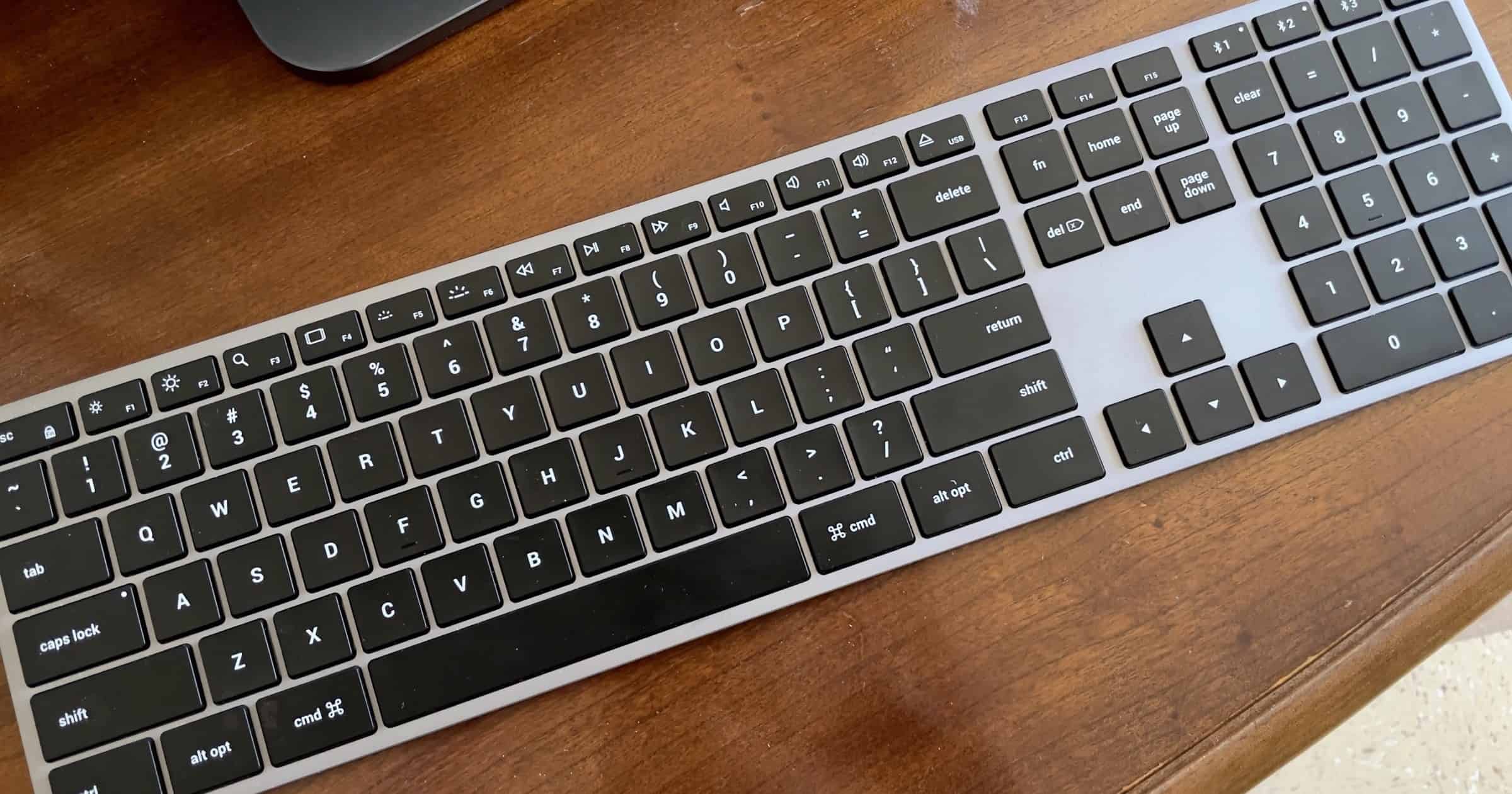

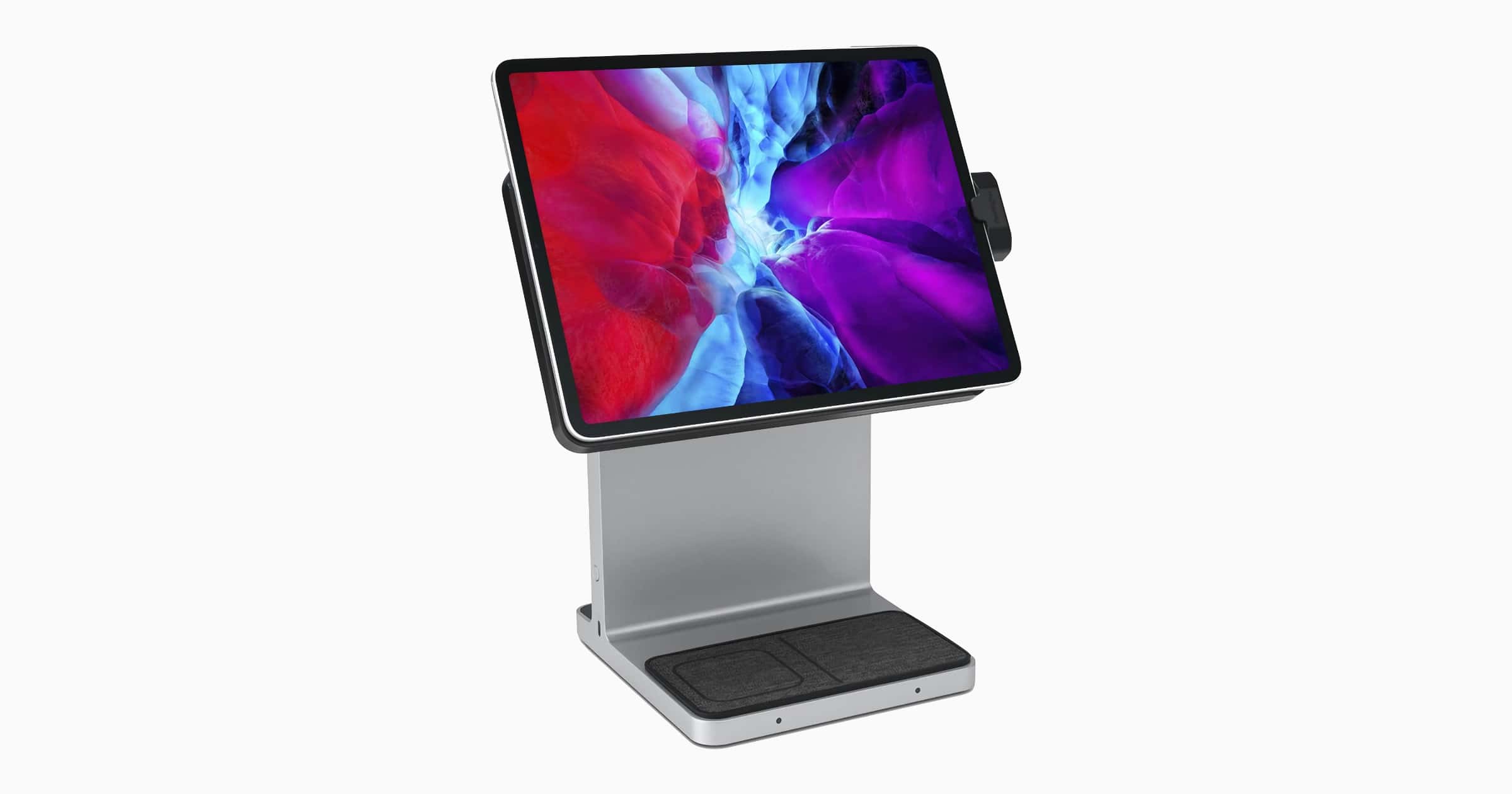
![[Updated] ‘Ted Lasso’ and ‘Wolfwalkers’ Earn Golden Globe Nominations](https://www.macobserver.com/wp-content/uploads/2020/09/Jason-Sudeikis-Ted-Lasso.jpg)

![[Updated] Tim Cook Links Facebook Model to Real World Violence in Speech](https://www.macobserver.com/wp-content/uploads/2021/01/Tim-Cook-on-Privacy-CPDP-2021.png)

![[Updated] Jeff Bezos to Stand Down as Amazon CEO](https://www.macobserver.com/wp-content/uploads/2020/01/Jeff-Bezos.jpg)
